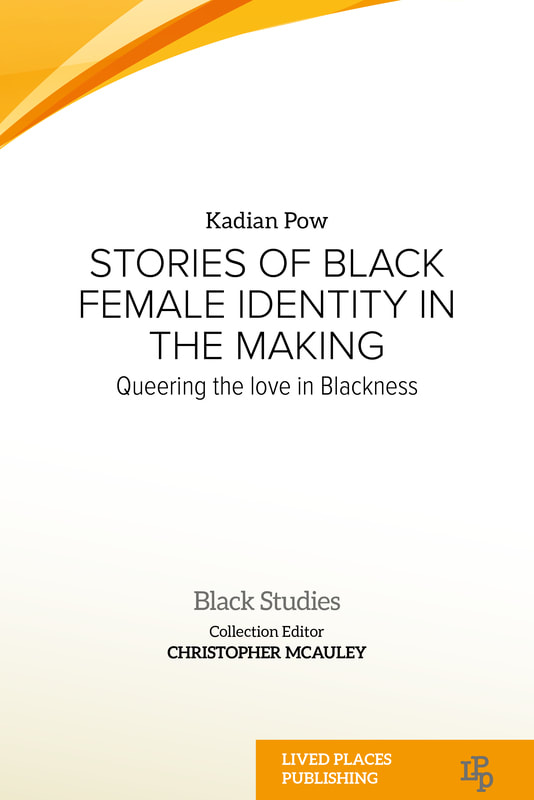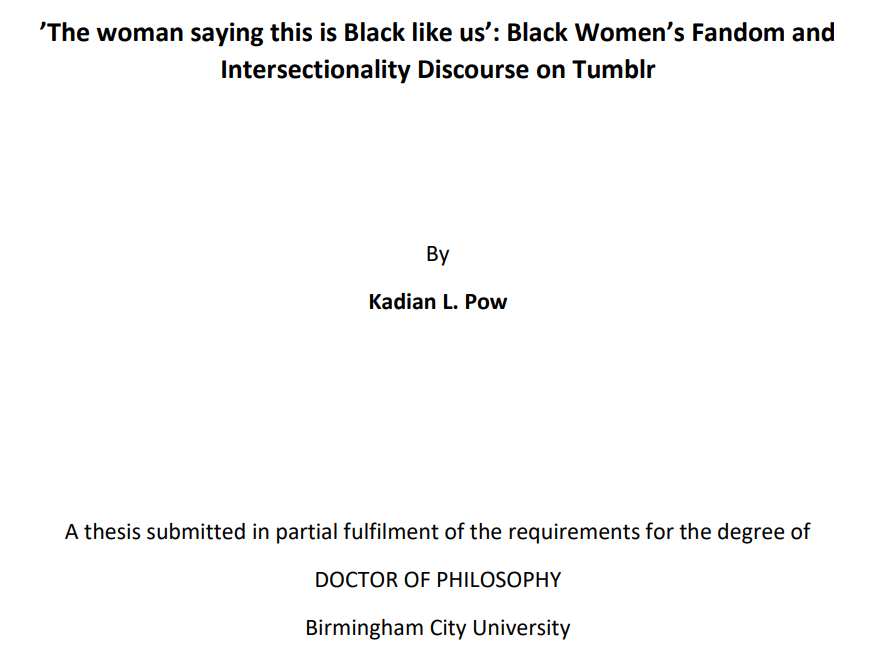Publisher: Lived Places Publishing , 2023
Availalbe Now
Availalbe Now
stories of black female identity in the Making: queering the love in blackness
|
Subject(s): autobiography, gender, intersectionality, lived experience, African-American Studies, Afro-Caribbean, Femininity, sociology, race, LGBT+
How does the concept of love fit with Black identity? When Black Lives Matter activist Marissa Johnson was pressed to address why she “hates white people”, she responded with this question: do you love Black people? This book is an exploration of the issues raised by this radical question – a refusal to centre Black identity on whiteness, a question of how love, and self-love, fit with Black identity, and a queering of how Black identity is understood. Told through autobiographical reflection, this book contains the story of one Black woman’s process of iterative identity formation, grappling with the intersections of sexuality, gender, self-image, and love. Focusing on lived experience, the book places theories in context, exploring what ideas look like when applied to real life, making it invaluable reading for Black Studies and related courses. Table of Contents: 0: Introduction 1: Welcome to America 2: Learning to be Black and female: an American dilemma 3: Black liberation, who? Black liberation, what? 4: White supremacy is whack 5: Ex-church girl 6: Sex and the Black Christian girl 7: The road to Queerville 8: Love as a mission |
'The woman saying this is black like us': Black Women’s Fandom and Intersectionality Discourse on Tumblr
Doctoral Dissertation, 2021
Abstract
The politics of representation has served as a lingua franca for how we understand discourses around marginalized stories and characters on TV. Though there have been exceptions, much of the academic conversation around historic debut and pop culture status of the US television show, Scandal, had been overdetermined by a representational politic. Those contributions are necessary and continue to be valid, but alone, remain inadequate. This dissertation is a departure which seeks to examine race, gender, and sexuality from the embodied subjectivities of a significant portion of the show’s fanbase: women--many of whom present as Black in social media spaces.
I will argue why a representation framework alone, serves to undermine the works of Black artists and Black subjectivities. I will then present why the context of the fan and fan studies, in this contemporary moment, is so important to the ways in which we consume and analyse media—specifically Tumblr--regarding issues around Black and female identities. By focusing on the praxis of the Black female fan, Fan Studies can broaden how we think of ‘the fan’, fan practice and power. Furthermore, I will make the case for choosing micro-blogging platform, Tumblr, as a creative and commercialized data-gathering site, wherein the plenitude of Black epistemologies, is made possible. Because Blackness critically intersects with race, gender, sexuality and more, the contours of fan discourse can take on complicated and contradictory trajectories.
Whilst the television show, Scandal, is the case study for examining Black subjectivities beyond representation in this dissertation, I do not seek to frame the study through only my own intellectual framework. Through Critically Engaged Ethnography, I will be analysing a variety of themes from data collected from Tumblr, that have been produced by fans of Scandal, including original contributions made by me, the researcher, whilst I was an active member of the fandom. These will include exchanges with members of the fandom that, at times, include my participation. The analysis will rely primarily on a Black feminist lens, including Intersectionality theory.
Proudly powered by Weebly

